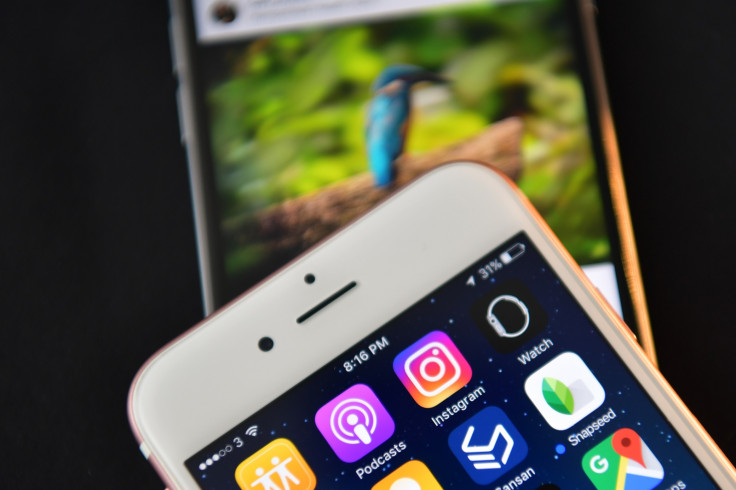Researchers develop AI that can tell if you're depressed based on your Instagram photos
Researchers found that depressed individuals were more likely to opt for the Inkwell filter.

From endless duck face selfies to perfectly filtered and framed snaps of your breakfast smoothie, Instagram posts can reveal a lot about your personality, interests, emotions and experiences. Now, researchers at Harvard and the University of Vermont have suggested that the Instagram filters people use could reveal a lot about a person's mental health.
Gathering data from 166 Instagram users and analysing more than 43,000 photos, the researchers created a model using machine learning tools that can detect signs of depression. Using "colour analysis, metadata components and algorithmic face detection", the model was able to accurately predict which Instagram users showed signs of depression about 70% of the time, even before they were first diagnosed.
"Photographs posted to Instagram offer a vast array of features that might be analysed for psychological insight," the study, which has not yet been peer-reviewed, reads. "We included only a narrow subset of possible features into our predictive models, motivated in part by prior research into the relationship between mood and visual preferences."
Using Amazon's Mechanical Turk crowdwork platform to crowdsource the data, researchers created two separate surveys for healthy and depressed individuals. The survey for depressed individuals asked them to share their mental health history as well as social media history. Qualified participants were asked to share their Instagram usernames and history as well.
The researchers then analysed the 43,950 collected photos in two different ways. Individuals on Amazon's Mechanical Turk crowdwork platform were asked to rate photos on a scale of zero to five based on how happy, sad, interesting and likeable they were. The researchers' computer program sifted through and analysed the snaps based on colourisation, vividness, brightness and the number of faces seen in each photo to deduce which qualities would be found in photos posted by depressed individuals.
Researchers found that depressed individuals were more likely to share darker, bluer and more faded photos on their feeds. The more comments a post received also increased the likelihood of having been posted by a depressed person. However, people with depression received fewer "likes" for their photos on average.
Although depressed people were more likely to include faces in their photos, the snaps did have fewer faces per photo on average and included "more self-focused language". They were also less likely to use filters in their photographs.
When depressed users did use filters, they were more likely to opt for the Inkwell filter which converts colour images to black-and-white ones. Healthy participants, on the other hand, favoured the brighter Valencia filter which lightens the tints of images.
However, the researchers noted that although their findings "suggest new avenues for early screening and detection of mental illness" they should not be taken as "enduring facts".
The study also found that the researchers' statistical model was more accurate in predicting which participants were suffering from depression than unassisted general practitioners who reviewed and analysed the same Instagram photos.
"Using only photographic details, such as colour and brightness, our statistical model was able to predict which study participant suffered from depression, and performed better than the rate at which unassisted general practitioners typically perform during in-patient assessments," the study reads.
More than half of the general practitioners' depression diagnoses, on average, were false positives, the study said.
"The advent of social media presents a promising new opportunity for early detection and intervention in psychiatric disorders," the report reads. The researchers note that their tool for Instagram may "serve as a blueprint for effective mental health screening in an increasingly digitalised society" in the future.
© Copyright IBTimes 2025. All rights reserved.





















